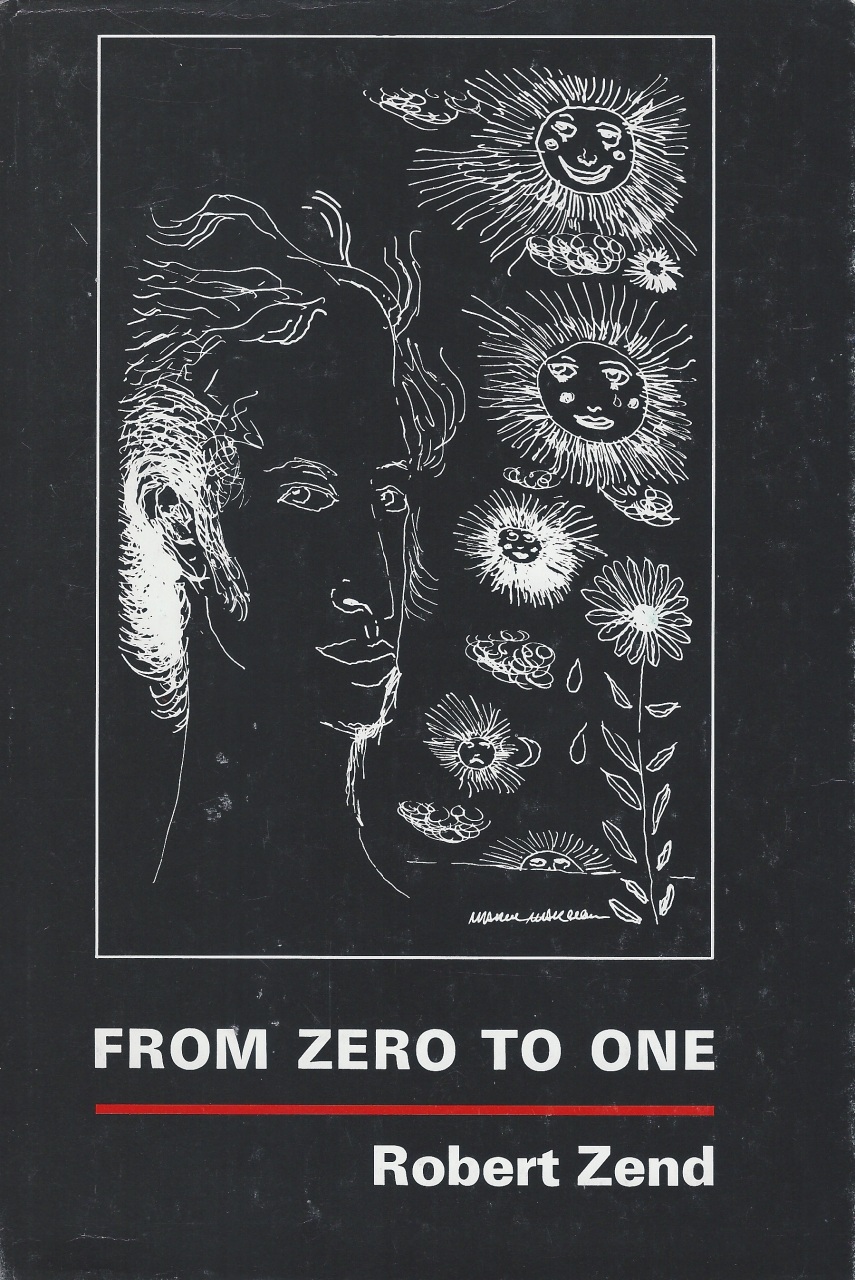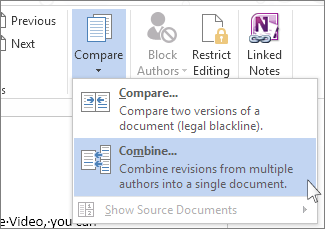
There are still unknown territories to discover and novel inventions to develop, which is our era’s great secret.Thiel discussed the book on NPR on September 13 with Wade Goodwyn as the host. Thiel responded to queries on Reddit’s Ask Me Anything service on September 11.

Thiel was the subject of an interview on Timothy Ferriss’ podcast on September 9. TechCrunch’s Alexia Tsotsis also spoke with him. On September 8, 2014, Peter Thiel published his first (and only) tweet in support of the book. It is a shortened and updated version of a very well-liked set of online notes that Masters took for Thiel’s CS183 startup course at Stanford University in the spring of 2012. Zero to One shows how to pursue them using the most important, most difficult, and most underrated skill in every job or industry: thinking for yourself"-Provided by publisher.American businessman and investor Peter Thiel co-authored the 2014 book Zero to One: Notes on Startups, or How to Create the Future with Blake Masters.

The greatest secret of the modern era is that there are still unique frontiers to explore and new problems to solve. Planning an escape from competition is essential for every business and every individual, not just for technology startups. Zero to One shows how to quit the zero-sum tournament by finding an untapped market, creating a new product, and quickly scaling up a monopoly business that captures lasting value. In today's post-internet bubble world, conventional wisdom dictates that all the good ideas are taken, and the economy becomes a tournament in which everyone competes to reach the top. They will escape competition altogether, because their businesses will be unique. Tomorrow's champions will not win by competing ruthlessly in today's marketplace. Zero to One is about how to build these companies.

The most valuable companies of the future will make vertical progress from "0 to 1," creating entirely new industries and products that have never existed before. It's true that the world can get marginally richer by building new copies of old inventions, making horizontal progress from "1 to n." But true innovators have nothing to copy. Progress has stalled in every industry except computers, and globalization is hardly the revolution people think it is. "Thiel starts from the bold premise that we live in an age of technological stagnation, even if we're too distracted by our new mobile devices to notice.


 0 kommentar(er)
0 kommentar(er)
